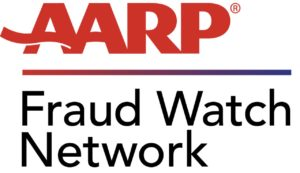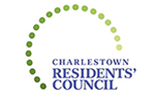Last Updated on May 28, 2019

Facebook security compromises are in the news in recent weeks, and scammers are taking advantage of this in a variation of the “tech support scam” we have previously written about. And because Facebook’s security issues are top of mind for many, calls from these scammers can sound more credible.
How It Works
*You will receive an auto-dialed call (or robocall) claiming to be from Facebook, warning that your account has a security issue.
*The caller directs you to press 1 if you pick up the call or they will leave a phone number for you to call back, under threat that they will suspend your account.
*When you talk to a “representative,” they will ask you for your login credentials or other personal information.
*They may go on to claim that you have a computer virus that they will fix for a fee, if you let them take control of your computer remotely.
What You Should Know
*Facebook is not going to call to tell you of an account problem.
*Anytime someone contacts you and requests remote access to your computer, it is a scam. The goal is to convince you of a problem you don’t have to get you to pay for a repair you don’t need, or to install software that gives the scammer access to social or financial accounts.
What You Should Do
*If you get an unsolicited call claiming to be from Facebook, do not press 1 to speak to a representative, and do not return the call.
*Don’t rely on results of an online search for “Facebook customer service,” as many authentic-looking pages are phony.
*If you have concerns about your Facebook account, log on and click “Settings” to review your privacy settings.
*If you think your account has been compromised, set a new password immediately.
*If you have been targeted by this scam or have fallen victim, call the AARP Fraud Watch Network Helpline at 1-877-908-3360 for guidance and support.
